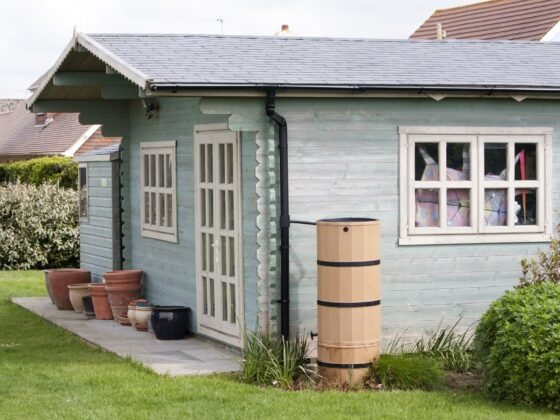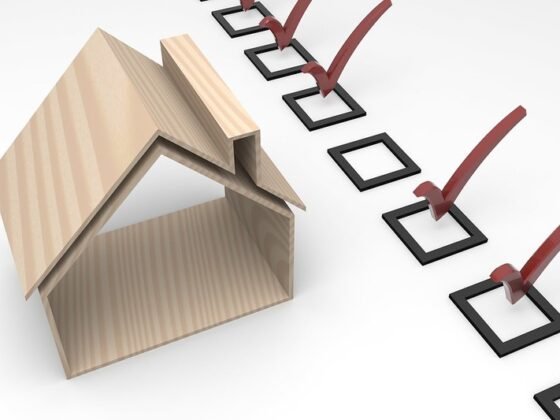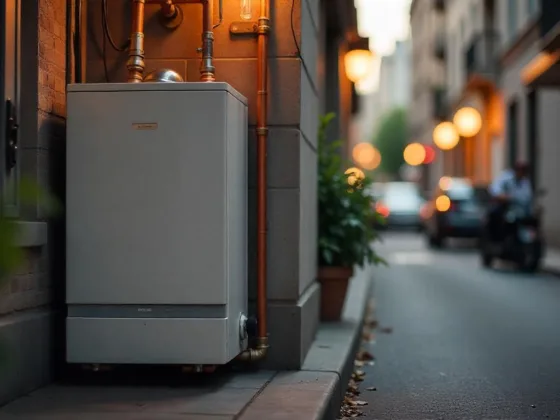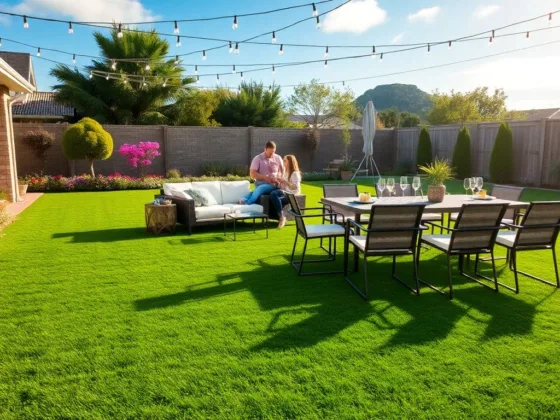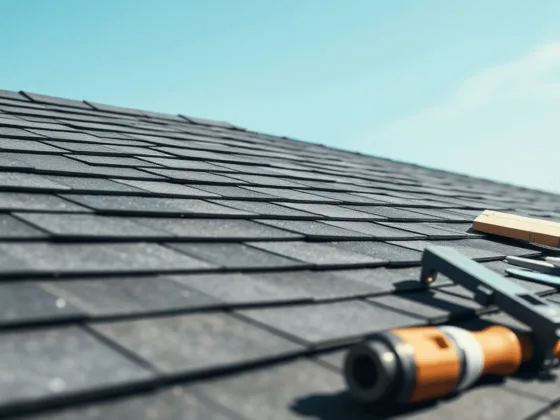Table of Contents Show
Electric boilers require electricity to function, and in turn, the electricity becomes heat. The good news is there is no burning of fossil fuel like gas or oil, and an electric boiler pushes the water across an element in the system to heat it up.
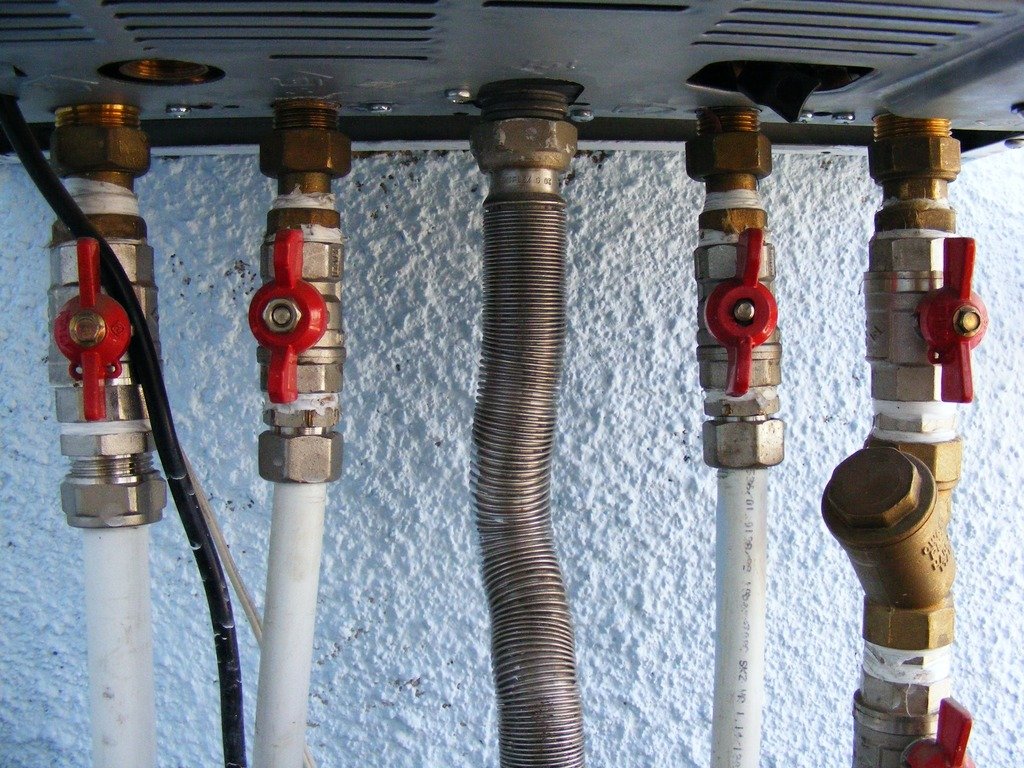
The water is then pumped to taps, radiators, or wherever required for domestic or other use. How do electric boilers work, is it actually a very clean straightforward concept which is cost-effective for most family units? Once your electric boiler is properly installed, they don’t require a flue and are ready for use.
Electric Boiler Vs Gas
Gas is a fossil fuel, sending carbon emissions into the air, and as we are all trying to lower our carbon footprint, an electric system is a better choice because it does not emit anything.
Your electric boiler does incur higher costs to run, especially over the winter months. The price will depend on how well your home is insulated.
If you live in a small home solar-powered, that is not connected to the grid and ask how electric boilers work? They will be ideal for your needs but will be unsuitable for a large home not connected to the grid. In this case, gas remains the better option.
A newer type of boiler system that has become prevalent since the rise in popularity of log burners is a stove wet system that uses the heat from the burning wood to heat your water.
Read Also:
Solar Panels Vs Electricity
If you have solar panels on your roof, you are reliant on the sun, not always a reliable option in the Northern Hemisphere. However, solar panels will assist in offsetting the price of your electricity, although they won’t provide all the power you will require in winter.
Benefits of an Electric Boiler
- Fast installation.
- Very precise, the temperature control will be accurate, and if you have young children, it is safer to have the water temperature set a bit lower.
- It is a highly efficient system.
- It is very quiet.
- No gas smells
- No risk of leaking fumes, you are not at risk of carbon monoxide poisoning.
Disadvantages of an Electric Boiler
- The main disadvantage is that it can be costly during a cold winter, therefore many suggest installing solar panels as well to offset the cost. Even in a cold climate, the sun does shine for part of the time.
How Your New Electric Boiler Works to Heat Your Home
If you have been worried about installing your new electric boiler, here is a simple explanation of how it works when heating your home.
- The water heats up using electrical resistance
- It is then transferred to the radiators via a diverter valve
- Hot water emits heat through the radiators
- Hot water rises and cold water descends.
- Cool water returns to the boiler to be recycled and heated continuously.
- They are 99% efficient.
Installing Your Electric Boiler
The installation is cheaper than installing gas. Unlike gas, they don’t need to be installed outdoors but are safely installed indoors allowing the householder to decide where the unit should be placed.
After the unit is installed, it is a good idea to have an annual service from the heating engineer, usually, no repairs are required. When the time comes for the unit to be replaced the engineer will let you know. An old unit tends to work less efficiently, eating up higher electricity costs.
Your electric boiler heats water on demand so it will have limitations on the amount of hot water it can produce, especially if you have several bathrooms.
Electricity Price
Electricity is about 4 times the price of gas per kilowatt-hour and the running costs will be higher for a big family. If you just have two people living in the house it will be cost-effective.
So when you are making a decision about your new boiler you need to ask how electric boilers work and make sure that you have all the right information to make an informed decision. Many older people make this decision based on efficiency and lack of emissions. We all want to go to sleep knowing that we are breathing clean pure air.
Some people can remember the old-fashioned boilers that were fuelled, often with coal, and in winter a pall of smoky fog hung over the city. But with changing times, the old emission emitting boilers have been gradually phased out, and the air is becoming much cleaner and easier to breathe in winter.
In turn, cases of asthma and obstructive airway diseases are reducing every year. Our future generations will benefit from our forethought.
How Big is a Boiler? Will it Occupy a lot of Space?
There are three types of electric boilers suitable for home installation.
- Direct that heats water on demand.
- The storage boiler has a hot water cylinder.
- Dry Core Storage heats bricks overnight and releases the heat during the day.
As stated, the electric boilers are best suited to flats and smaller homes. They are not really big and are cylindrical in shape and can be stored in a corner of the bathroom or laundry. Electric boilers don’t tend to be very powerful, and you won’t see a rating much higher than 15kW.
The sizes of the boiler will vary incapacity, and when you are installing one you should get advice based on your home situation, the number of people in the household, and if you are using the boiler for hot water and heating.
If you install a boiler with a really low output rating, the unit will struggle to meet the heating and hot water requirements of your household. One that is too powerful will push up the energy bills, so it is important to strike a balance. If you are unsure of what to do, get a heating engineer to assess your property and help you to make the right decision.
Conclusion
How do electric boilers work? is a good question to start with when you are assessing your home for a new hot water/heating system. Finding the right output rating for your home will make all the difference in saving money while making your home warm and comfortable.
